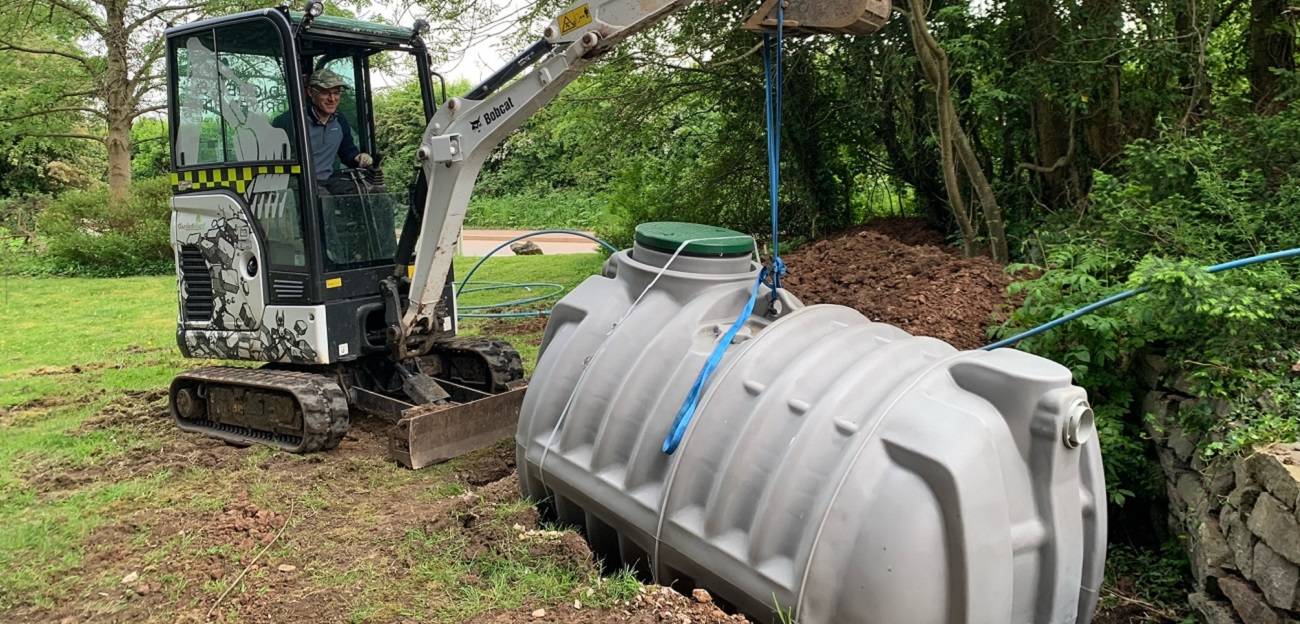Are you managing a rental with a septic tank? There are multiple ways in which homes and apartments are designed to remove waste. While some homes are connected to their neighborhood’s sewer system and send their waste through pipes underground to city-run facilities, some homes have their own individual waste system called a septic system.
As the owner of a rental property, you’re likely already aware of whether your property operates on a septic system or a citywide sewer system.
If you’re unsure, however, the best way to check is to look for wastewater charges on your water bill. If the charges are zero, your property is collecting waste with a septic tank that isn’t connected to the neighborhood’s sewers.
One of the most significant benefits of rentals with septic tanks is that you don’t have to pay a monthly fee for the city to collect your wastewater. However, if your property does run on a septic system, it’s important that you as the landlord thoroughly understand how it works and how to set your tenants up for success with it.
What Are Some of the Common Issues in Rentals with Septic Tanks?
Septic systems are generally much smaller than city-run sewer systems as they’re designed to serve only a single home. Their small scope and delicate piping, combined with the fact that most landlords aren’t plumbing or wastewater experts, can result in certain issues for rentals with septic tanks.
Toilet Backups and Overflows
Two of the most common problems that rentals with septic tanks can face are toilet overflowing and backups. Both problems can cause a massive inconvenience for tenants, and both are indicative of an issue with the septic tank. Usually, a toilet will overflow or back up if the septic tank hasn’t been properly maintained.
Every septic system has a septic tank as well as a drain field, which is a predetermined area of soil on your property where the contents of the septic tank are drained. If the tank isn’t leeching the water properly into the drain field, its contents could travel back through your pipes to cause a toilet overflow or a backup.
Septic Tank Smells
Tenants in rentals with septic tanks will sometimes complain of bad smells around the property. When the septic system is working properly, the residents of the property shouldn’t be bothered by the smell. This means that if a bad odor is present, there must be an issue with the septic system.
Usually, a noticeable odor is caused by an overflowing septic system that needs repair.
This can happen because of a period of excessive rain, a broken septic pump, frozen pipes, or a plumbing leak. If you’re not sure what the issue could be, it’s important to call a professional to make sure you don’t create additional damage while trying to fix the problem.
Septic Additives: What Are They and Should You Use Them?
If you’ve owned and rented a property with a septic system for a long time, you may have heard of septic additives or even tried them before. Septic additives are meant to maintain good bacteria in your septic tank that allows the system to efficiently break down solids within the wastewater.
Though septic additives can be useful in rentals with septic tanks, overusing them can cause additional issues in your system. Better ways to care for your septic system include avoiding drain cleaners that aren’t septic-safe, avoiding bleach, and never disposing of items like medications, non-biodegradable items, oil, or fat in your pipes.
How to Prevent Septic Tank Issues for Your Tenants
When it comes to managing septic function in rentals with septic tanks, it’s crucial to get your tenants on board with helping to keep the system working properly. Give your tenants detailed descriptions of what not to do to prevent septic issues and simple ways that they can support septic system health.
If any issues do arise, make sure you respond to them quickly, as a septic malfunction left unattended could get worse quickly.
Should You Address the Septic Tank in Your Lease?
If your rental has a septic system, you should disclose it in your lease for your tenant’s understanding. Additionally, if the system needs any regular maintenance or attention from your tenants, you can stipulate that as an agreement of your lease.










